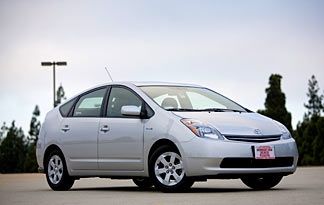
During the warmer months, there's nothing like driving with the windows down, hanging your arm out the window and catching the breeze as it pulls your arm up to the sky ... or is there? What about driving with the windows up and enjoying the wonder of engineering that allows a cool air conditioning breeze to keep you chill as the pavement scorches just a few feet underneath you?
With the price of gas going higher, it's not unusual for drivers to be asking, "Which option will save me more money? Window up and the air conditioning on, or windows down and no air conditioner?"
Advertisement
There are two main factors to consider when approaching this question. The first deals with how the air compressor in your car works and how much extra fuel the engine has to use to keep it running. The second is what is known as air resistance or drag. Drag is the resistance that cars, and all moving objects, encounter when moving through the air at any speed. Most modern cars are designed to be relatively aerodynamic, which allows them to pass through the air with minimal resistance.
However, when a vehicle has its windows down, air passes into the car where it was formerly allowed to flow over it, causing resistance that didn't exist when the windows were up. You can think of it a bit like a parachute. When a skydiver opens up the parachute, it cups the air and causes a massive amount of drag, enough to slow the speed of the skydiver and allow him or her to land safely on the ground. Unlike the parachute, you definitely don't want a lot of drag on your car because it makes your engine work harder to get your vehicle up to the same speed.
So, does drag really affect a car's fuel economy more than air conditioning? There are times when using the AC will save you gas.
Advertisement


